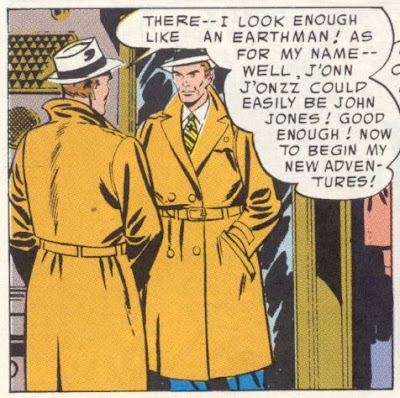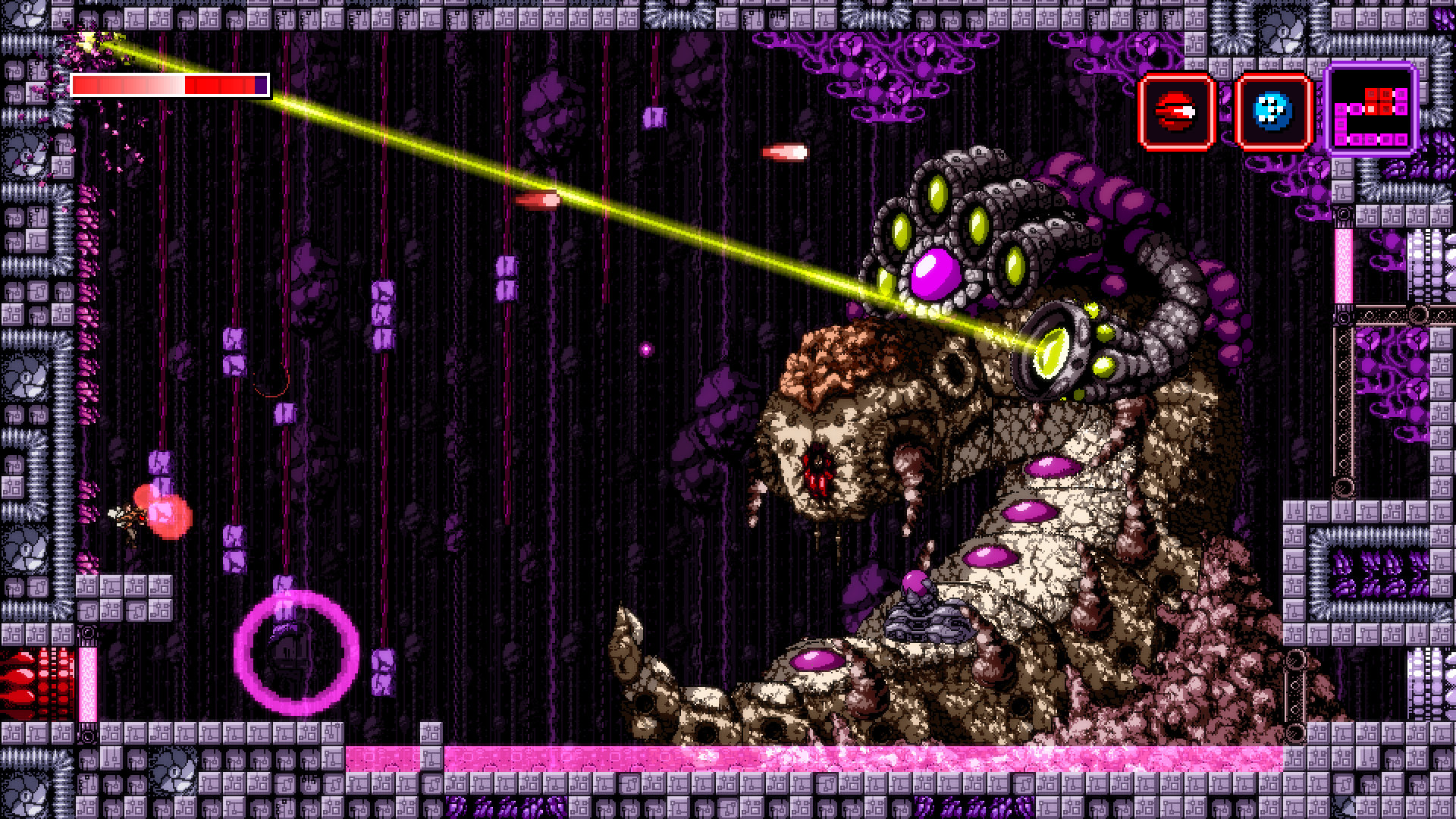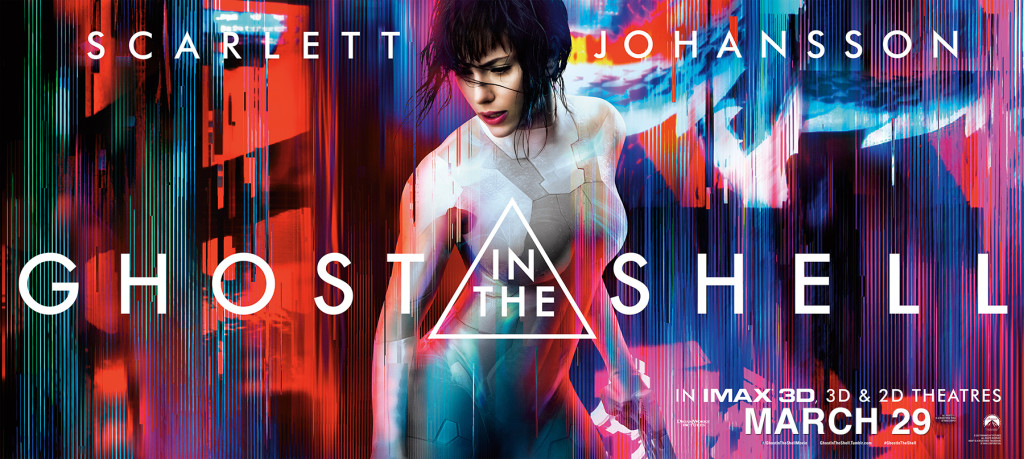Beware spoilers for Doki Doki Literature Club, and UnderTale
A bunch of friends recently sat me down to play Doki Doki Literature Club. If you have no idea what a Doki Doki Literature club is, it's an easy way to spend four hours reinforcing to yourself how Visual Novels aren't really for you.
In all seriousness, Doki Doki Literature Club is a free Visual Novel available through Steam, and it's what all your favourite YouTubers are probably over-reacting to right now if they aren't losing their collective minds playing Getting Over It With Bennett Foddy. It's quirky, it's colourful, and if you want my honest opinion, sniffing its own farts.
I was on New Grounds back in the day, I played those flash dating sims, and all the Visual Novels I end up getting recommended play out pretty similarly. You pick whichever girl you think is worth romancing based on still, lifeless images and then make a series of decisions that reinforce your dedication to an anime girl JPEG. You usually play as lacking personality protagonist A, who you're supposed to project yourself onto so he has as few defining traits as possible. His inner monologue is your window into the world as he describes the things that weren't in the media team's budget to display on screen.
Safe to say, this isn't a medium for me.
I play enough JRPGs though, and a lot of them incorporate the story-telling mechanics of a visual novel. Maybe it's anchoring bias, but when the JPEGS and Textboxes end, there's still some part of my brain nagging at me that there should be some form of interaction here. I guess my issue with VNs is that they present me with the carboat dilemma; Sure, a carboat is cool, but even if you could afford one, you'd probably want them separate anyway. on account of how easy it is to just park your car and then rent a boat. Probably cheaper too. And the car boat will inevitably be both a subpar boat and car.
Let's hope that there's never a Steam and Amazon Kindle merger.
To Doki Doki Literature club's credit, there are these poetry writing sections that actually do reveal a little about the girls and their characters. It's not much, but it's something to stimulate the brain after some mindless clicking.
So after you decide who is best girl and you trigger all the flags, you end up exploring that character's route.
At the midpoint is where the game actually pissed me off a little, as you're forced to watch the suicide of one of the characters after sitting through flavour-text written by someone who only has a mild idea of what clinical depression looks like.
After that, we reach a microcosm of the current indie game zeitgeist. The breaking of the fourth wall. The moment the Visual Novel becomes self-aware, and the characters within reveal that they know they're abstractions within a computer program.
I commend your efforts, DDLC, you tried very hard. And I know I shouldn't be mad at you. You're a free product. You're everything wonderful about the indie scene. Dan Salvato, you're doing good work man. Keep it up.
But you have to earn your wink at the camera.
I'll tell you straight that Undertale is great, but there's something that grated me about being punished for playing an RPG like an RPG. However, Undertale at least had something to say. When you confront Sans at the end and he tells you how LVL actually stands for "Level of Violence" and EXP stands for "Execution Points", it's a telling moment. When you get to the end of the game, and Flowee let's you reset the events of the story, you, the player, become the true antagonist of the game. It's a clever and fun subversion.
And upon completing DDLC, the lack of this statement, the lack of this punch at the end, is what got me. Maybe it's how I didn't connect or care for any of the characters. Maybe it's just the obnoxious way the VN tried being 3spooky5me using only the fact that it was a visual novel aware that it was a visual novel. Maybe it was the surreal way being hyper-aware that I wasn't interacting with characters but pieces of data on a hard drive yanked any punch out of the character deaths or Monika's manipulation. Sayori manages to be the only interesting one, by being the deleted data trying it's hardest to avoid being wiped. There are some cool touches, like how their character files are actually deleted from the source folder. The blue screen gag, I will say, was at least the one that got me. I appreciated that. Exploiting my fears about Windows 10 doing what Windows 10 does, you earned the spooks there.
I just felt it all a little redundant afterwards.
There's an alternate ending where if you view all the optional scenes via either save-scumming or fresh installs, Sayori does thank you for trying to make each of the girls happy. Perhaps if this was the ending I ended up viewing, I might not have found the experience so obnoxious. But as is... DDLC didn't leave a good taste in my mouth.
There's something a little off-putting about these digital girls all being head over heels in love with you. There's something off-putting about investing time into getting to know these characters, only to have the experience intruded upon by the horror elements and self-congratulatory spooks. There's something off-putting about putting garbage text on screen and expecting me to do anything other than roll my eyes, because it's soooooo clever that you managed to fake the script being corrupted, Dan. And Christ, that music loop is repetitive as all hell.
Do I recommend Doki Doki Literature Club? If you're into the whole too-meta-for-it's-own-good VN thing, yes. It's four hours worth of free content, and even more if you do a couple fresh installs for multiple playthroughs.
If you aren't into Visual Novels, if you aren't into things obnoxiously breaking the fourth wall, if you kind of just wanted a fun slice of life Dating Sim, if you have any taste in psychological horrors at all... Maybe give it a pass. After all, Newgrounds hasn't gone anywhere and I'm sure you'll find something infinitely more satisfying there.
A bunch of friends recently sat me down to play Doki Doki Literature Club. If you have no idea what a Doki Doki Literature club is, it's an easy way to spend four hours reinforcing to yourself how Visual Novels aren't really for you.
In all seriousness, Doki Doki Literature Club is a free Visual Novel available through Steam, and it's what all your favourite YouTubers are probably over-reacting to right now if they aren't losing their collective minds playing Getting Over It With Bennett Foddy. It's quirky, it's colourful, and if you want my honest opinion, sniffing its own farts.
I was on New Grounds back in the day, I played those flash dating sims, and all the Visual Novels I end up getting recommended play out pretty similarly. You pick whichever girl you think is worth romancing based on still, lifeless images and then make a series of decisions that reinforce your dedication to an anime girl JPEG. You usually play as lacking personality protagonist A, who you're supposed to project yourself onto so he has as few defining traits as possible. His inner monologue is your window into the world as he describes the things that weren't in the media team's budget to display on screen.
Safe to say, this isn't a medium for me.
I play enough JRPGs though, and a lot of them incorporate the story-telling mechanics of a visual novel. Maybe it's anchoring bias, but when the JPEGS and Textboxes end, there's still some part of my brain nagging at me that there should be some form of interaction here. I guess my issue with VNs is that they present me with the carboat dilemma; Sure, a carboat is cool, but even if you could afford one, you'd probably want them separate anyway. on account of how easy it is to just park your car and then rent a boat. Probably cheaper too. And the car boat will inevitably be both a subpar boat and car.
Let's hope that there's never a Steam and Amazon Kindle merger.
To Doki Doki Literature club's credit, there are these poetry writing sections that actually do reveal a little about the girls and their characters. It's not much, but it's something to stimulate the brain after some mindless clicking.
So after you decide who is best girl and you trigger all the flags, you end up exploring that character's route.
At the midpoint is where the game actually pissed me off a little, as you're forced to watch the suicide of one of the characters after sitting through flavour-text written by someone who only has a mild idea of what clinical depression looks like.
After that, we reach a microcosm of the current indie game zeitgeist. The breaking of the fourth wall. The moment the Visual Novel becomes self-aware, and the characters within reveal that they know they're abstractions within a computer program.
I commend your efforts, DDLC, you tried very hard. And I know I shouldn't be mad at you. You're a free product. You're everything wonderful about the indie scene. Dan Salvato, you're doing good work man. Keep it up.
But you have to earn your wink at the camera.
I'll tell you straight that Undertale is great, but there's something that grated me about being punished for playing an RPG like an RPG. However, Undertale at least had something to say. When you confront Sans at the end and he tells you how LVL actually stands for "Level of Violence" and EXP stands for "Execution Points", it's a telling moment. When you get to the end of the game, and Flowee let's you reset the events of the story, you, the player, become the true antagonist of the game. It's a clever and fun subversion.
And upon completing DDLC, the lack of this statement, the lack of this punch at the end, is what got me. Maybe it's how I didn't connect or care for any of the characters. Maybe it's just the obnoxious way the VN tried being 3spooky5me using only the fact that it was a visual novel aware that it was a visual novel. Maybe it was the surreal way being hyper-aware that I wasn't interacting with characters but pieces of data on a hard drive yanked any punch out of the character deaths or Monika's manipulation. Sayori manages to be the only interesting one, by being the deleted data trying it's hardest to avoid being wiped. There are some cool touches, like how their character files are actually deleted from the source folder. The blue screen gag, I will say, was at least the one that got me. I appreciated that. Exploiting my fears about Windows 10 doing what Windows 10 does, you earned the spooks there.
I just felt it all a little redundant afterwards.
There's an alternate ending where if you view all the optional scenes via either save-scumming or fresh installs, Sayori does thank you for trying to make each of the girls happy. Perhaps if this was the ending I ended up viewing, I might not have found the experience so obnoxious. But as is... DDLC didn't leave a good taste in my mouth.
There's something a little off-putting about these digital girls all being head over heels in love with you. There's something off-putting about investing time into getting to know these characters, only to have the experience intruded upon by the horror elements and self-congratulatory spooks. There's something off-putting about putting garbage text on screen and expecting me to do anything other than roll my eyes, because it's soooooo clever that you managed to fake the script being corrupted, Dan. And Christ, that music loop is repetitive as all hell.
Do I recommend Doki Doki Literature Club? If you're into the whole too-meta-for-it's-own-good VN thing, yes. It's four hours worth of free content, and even more if you do a couple fresh installs for multiple playthroughs.
If you aren't into Visual Novels, if you aren't into things obnoxiously breaking the fourth wall, if you kind of just wanted a fun slice of life Dating Sim, if you have any taste in psychological horrors at all... Maybe give it a pass. After all, Newgrounds hasn't gone anywhere and I'm sure you'll find something infinitely more satisfying there.
 (
(







